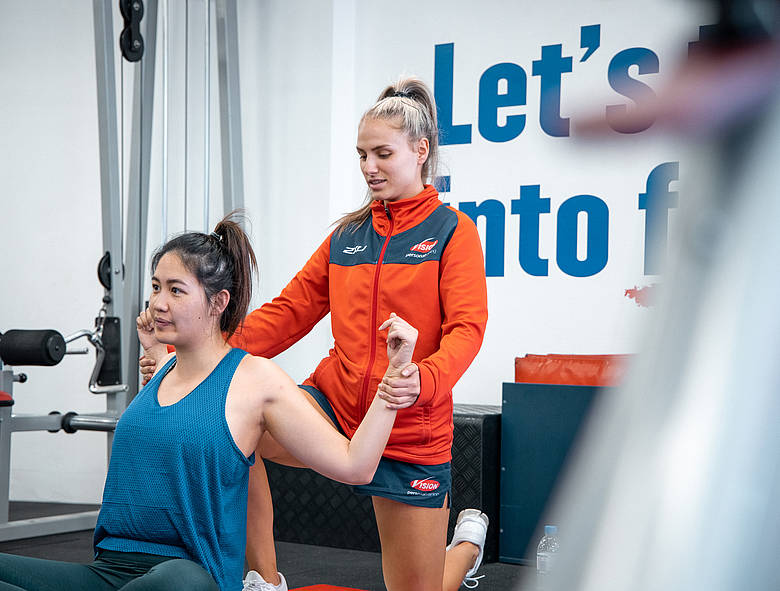Iron is an essential nutrient for the human body and is crucial for maintaining healthy blood. Iron is a major component of haemoglobin (a protein in red blood cells that carries oxygen throughout the body). Iron is also essential for:
- Production of collagen (a protein that provides structural support to skin, blood vessels and bones).
- Ensuring the immune system functions optimally by assisting the production of white blood cells.
- Necessary for growth and development of the human body, particularly during childhood + pregnancy.
Iron deficiency is the most common nutritional deficiency in the world. It occurs when the body is receiving insufficient iron to produce enough healthy red blood cells. If iron deficiency doesn’t get resolved in the early stages it can lead to anaemia. Anaemia is when iron stores are used up resulting in a substantial reduction in total red blood cells. Symptoms of iron deficiency include fatigue, weakness, pale skin, shortness of breath, confusion, rapid heartbeat and hair loss. Pregnant women, children, teenagers and vegetarians or vegans are at a higher risk of developing iron deficiency
Iron is present in two forms, haem iron and non-haem iron. Haem iron is easily absorbed by the body and is found in meat and fish. Non-haem iron is poorly absorbed and is found in a variety of plant based food. To compare the two, around 15-25% of haem iron is absorbed whereas only 5-12% of non-haem iron is absorbed.
Haem Iron Sources Include:
- Lamb (4mg per 100g)
- Beef (3.4mg per 100g)
- Kangaroo (4.5mg per 100g)
- Offal e.g. kidney and liver (10mg per 100g)
- Bone Marrow (4.5mg per 100g)
- Chicken (1.3mg per 100g)
- Fish e.g. sardines (6mg per 100g)
Non-Haem Iron Sources Include:
- Legumes and beans (2-3 mg per 100g)
- Wholegrains (4-5mg per 100g)
- Prunes (8mg per 100g)
- Egg Yolk (4.5mg per 100g)
- Darky leafy green vegetables e.g. spinach (3mg per 100g)
- Tahini (5mg per 100g)
The recommended daily intake (RDI) of iron is 18mg for women. If you are plant based or vegetarian we recommend aiming for 36 mg of iron per day which is double the RDI. This is due to the lower absorption rates of non-haem iron sources. To increase absorption of iron it is recommended to have vitamin C on either side of consumption. Vitamin C can be found in a range of foods such as kiwi fruit, oranges, cruciferous vegetables, strawberries and tomatoes.

